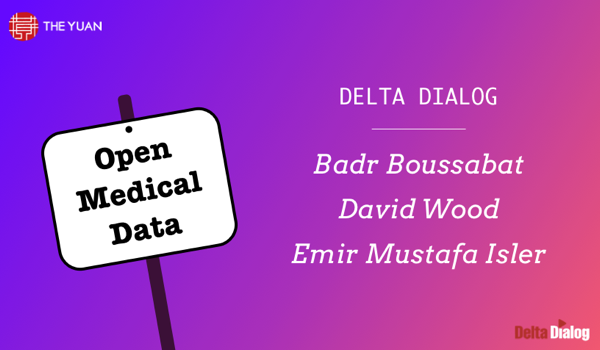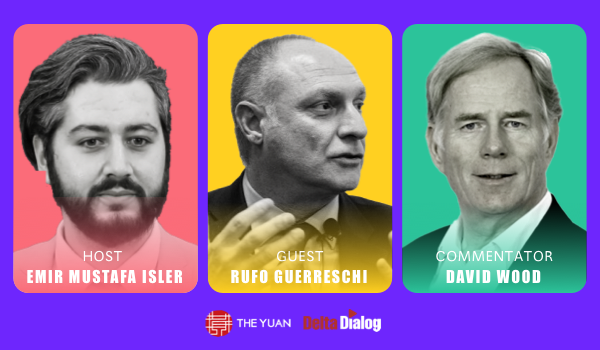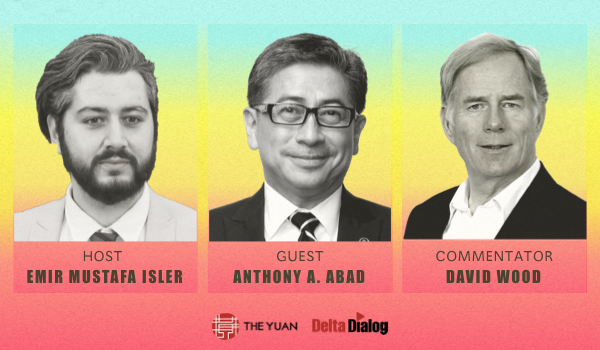
ISTANBUL –
Into the hype of 2023: ChatGPT
“ChatGPT was quite surprising” says Badr Boussabat, an artificial ıntelligence (AI) expert and president of AI Together, when talking about the newly introduced AI tool. ChatGPT, a large language model developed by OpenAI, helps users generate human-like responses to their inquiries, whether they be questions, requests for advice or conversations.
OpenAI has trained ChatGPT on a vast corpus of text data, including books, articles, and websites, using cutting-edge machine learning techniques. As a result of this training, the AI tool has a wide range of knowledge on various topics, including science, technology, history, literature, and provides factual information, answers trivia questions, offers advice on personal or professional matters, and engages in general chats.
“Have you seen some of the poems ChatGPT writes?” asks David Wood, chair of London Futurists, highlighting the creativity aspect of AI models continuing with, “So, I don’t think they’re the best poems ever, but I’m sure they’re better poems than I could write.” As an AI language model, ChatGPT lacks true human creativity. While it can generate responses that may appear creative or imaginative, these responses are ultimately based on patterns and structures present in the text data it was trained on. In other words, its responses are produced through a combination of statistical analysis and pattern recognition, rather than through the kind of free form thinking that humans use when they are being creative.
However, within the scope of ChatGPT’s programming and training, it can generate a wide range of responses that may seem creative or original to a human user, e.g., it can generate unique and personalized responses to prompts or questions, using a mix of language rules and statistical analyses to determine the most appropriate response. Though the AI tool lacks the same creativity as a human, it can still provide engaging and useful responses in a variety of contexts.
What’s in it for me? / Why should I care?
Will AI take over your life? No. Will it be all around you? Most likely. Development of AI in all areas of interest is increasing by the day. What does this mean or competition? Wood says, “It’s like when I play golf I’m never going to be as good as Tiger Woods or Rory McIlroy, but I still enjoy playing with my golfing buddies.” This highlights that, in competition, humans will not compete with AI but rather, as Boussabat explains, “The competition that is coming up will be a competition based on how we use artificial intelligence around us to better preform in the market or in art in general, so this perfect collaboration between humans and artificial intelligence will be key.”
Further Reading:- Is ChatGPT really a ‘code red’ for Google Search? Maybe not
- Overcoming the limitations of large language models
- Is Microsoft’s big bet on OpenAI a slam dunk or long shot?





 837 views
837 views






